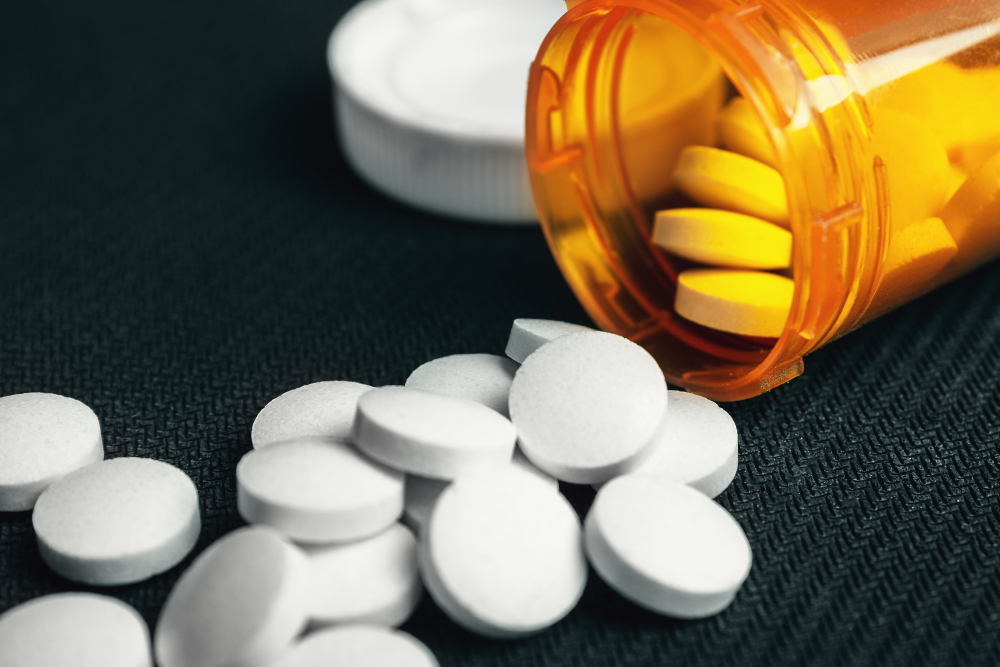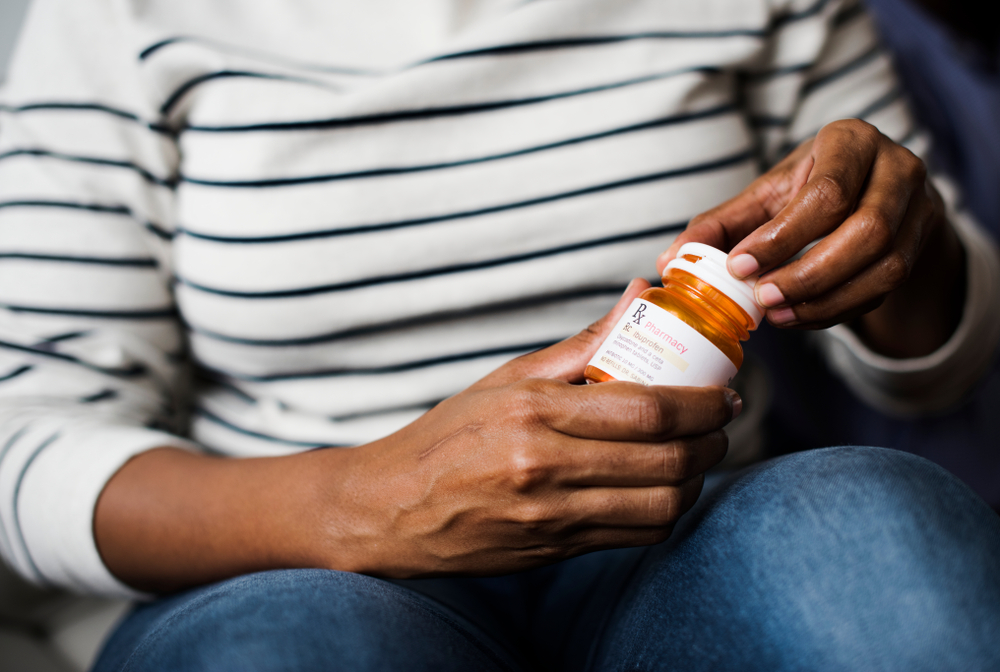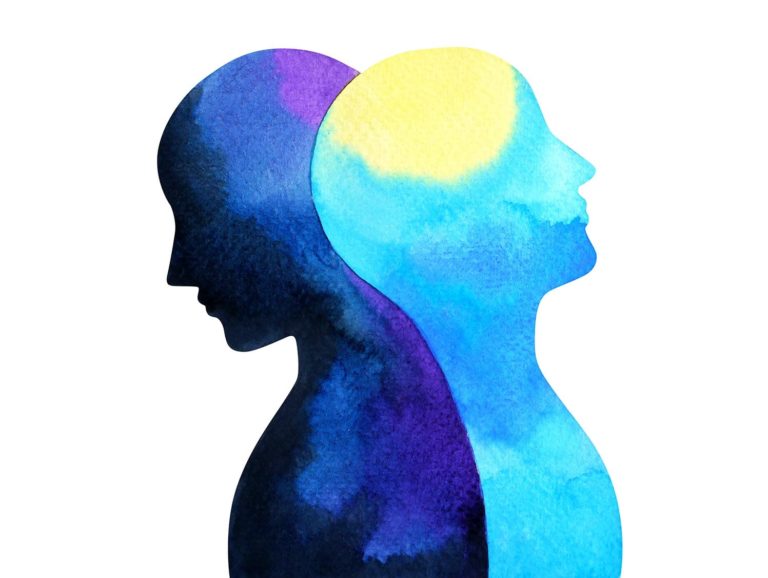In today’s society, our attention is captured by our cell phones, social media, and the news. Sitting still and enjoying the moment seems like a concept of the past. For people with attention-deficit hyperactivity disorder (ADHD), sitting still and focusing on one thing, unfortunately, does not exist. To battle this neurobiological disorder, a doctor will often prescribe Adderall. It has become extremely popular throughout the United States across all demographics. According to American Addiction Centers, an alarming 50 million people have been prescribed stimulants such as Adderall in 2011, nearly 15% of the United States population.
In this article, we will cover what Adderall is, the withdrawal symptoms of Adderall, the dangers of Adderall addiction, how to help your loved one with addiction, and Adderall addiction treatment options.
What is Adderall?
Adderall is defined as being a combination of amphetamine and dextroamphetamine, both being central nervous system stimulants that target nerves and chemicals in the brain. Adderall increases the amount of serotonin, norepinephrine, and dopamine in the brain, bringing clarity and focus to individuals who typically are in a state of overstimulation. Adderall is mainly used to treat Attention Deficit Hyperactivity Disorder (ADHD) but can also be prescribed for narcolepsy. An individual diagnosed with ADHD seemingly has lower dopamine levels in the brain, requiring them to seek stimulation constantly.
What Does Adderall Look Like?
The forms of Adderall, available in tablets and capsules, are generally round or oval, and the size and shade can differ depending on the strength of the drug. These tablets and capsules frequently have either numbers or letters on them, which show the strength of the medication.
For instance, Adderall tablets often have “5” or “10” written on them, meaning they include 5 mg or 10 mg of the active component, respectively. The extended-release versions of Adderall are usually oval-shaped and have “XR” written on them to indicate that they have extended-release properties. Generally speaking, Adderall tablets and capsules possess a pale or cream-colored hue and may feel smooth or slightly coarse.
How Does Adderall Make You Feel?
Adderall can cause reactions, including improved wakefulness, attentiveness, and vigor. It might also lead to an improved state of mind, higher self-confidence, and decreased spur-of-the-moment behavior. However, Adderall can also have undesired results, such as higher blood pressure, heartbeat, body temperature, reduced hunger, sleeplessness, and irritation. Some people may also experience nervousness, irritation, or uneasiness while taking Adderall.
Signs of Adderall Abuse
Generally, people abuse Adderall in an attempt to be more productive. Some people fall victim to Adderall addiction by noticing improvements in their school or work performance, typically giving Adderall credit for their success which in turn enables them to lean on it further to achieve similar results in the future. Some even refer to Adderall as a “smart pill” or “study drug.” A study conducted by The Center for National Health Research at a small college in Maine found that 1 out of 3 students had previously abused Adderall while in college.
Adderall is used by millions of people every year for various reasons. Some prefer how it helps them focus on school or work, while others choose to take it due to the “high” you receive by taking large amounts. Individuals that frequently take Adderall are prone to becoming addicted by increasing their daily consumption. If you believe your loved one is abusing Adderall, some key signs they might exhibit are:
- Loss of appetite
- Headache
- Dry mouth
- Upset stomach
- Restlessness
- Increased heart rate
- Anxiety
- Fatigue
- Reduced sex drive
- Chest pain
Adderall Withdrawal Symptoms
Individuals that take Adderall for extended periods eventually become dependent on the drug. When people develop a tolerance, they have to take larger quantities to achieve the same effects they initially felt. When deciding to quit Adderall, many people will experience unpleasant withdrawals. Adderall withdrawal symptoms are not as severe as other substances such as Heroin or Alcohol but should be taken seriously. Seeking medical attention is always recommended when experiencing symptoms such as these:
- Depression
- Migraines
- Insomnia
- Increased appetite
- Nightmares
- Poor concentration
- Anxiety
- Suicidal ideations
- Body aches
Depending on a few factors, the withdrawal process will vary for every individual. How long the substance was used and what amount was taken daily will usually determine how long and severe the withdrawal symptoms will be. On the short end of the spectrum, symptoms can be gone in as little as five days. If an individual uses Adderall heavily for a significant amount of time, it can take 3 to 4 weeks.
Dangers of Untreated Adderall Addiction
The possible risks to a person’s mental and physical health that can arise from an addiction to Adderall include the following:
Mental Health Issues
Abusing Adderall can result in psychological issues, including nervousness, touchiness, and difficulty sleeping. It can even cause psychosis, a severe mental disorder characterized by hearing and seeing things that are not there and believing untrue things.
Cardiovascular Problems
Usage of Adderall can be hazardous to cardiovascular health as it has the potential to raise both heart rate and blood pressure, leading to potentially fatal conditions such as heart attack and stroke.
Malnutrition
The use of Adderall may cause a decrease in one’s appetite, which can result in a lack of proper nutrition if the individual does not make an effort to consume enough food.
How To Approach Your Loved One About Their Addiction
If someone close to you is having a hard time battling an addiction to Adderall or any other substance, it is vital to handle the situation with empathy and sympathy. Addiction is a complicated and usually long-term issue that needs professional aid to be healed. Here are some measures that you can take to assist your loved one:
Encourage Them to Get Help
Urge your loved one to talk with a medical professional or addiction therapist about their Adderall consumption. A combination of medication, counseling, and support systems may help them tackle the root of their addiction and cultivate healthy coping methods.
Offer Emotional Support
Struggling with addiction can be a very lonely and upsetting time. Show the loved one you care and encourage them to share their feelings and challenges. Let them know that you are with them and would like to help them conquer their addiction.
Help Them Identify Triggers
Recognize the circumstances that may lead to your beloved one taking Adderall and try to help them avoid them. This could mean they avoid particular people or locations or find something else to do when they impulse to take it.
Take Care of Yourself
Taking care of a person close to you with an addiction issue can be very exhausting psychologically. It is essential to prioritize your well-being and to reach out to your friends, family, or a mental health expert if you need help.
Treatment for Adderall Abuse
If your loved one begins developing an addiction to Adderall or displays signs such as rapid mood swings or changes in appearance, seeking professional medical help is recommended. The first step when treating someone for Adderall addiction is finding a credited detox facility. At detox, the individual can go through the withdrawal process with medical staff present safely should any health complication arise. Seeking medical assistance during this stage of the recovery process is highly recommended due to the health risks associated with withdrawals.
After completing detox, the next step in the recovery process is finding an addiction rehab program for inpatient or outpatient treatment. Finding the right inpatient or residential treatment program is an excellent option for individuals suffering from addiction. These types of drug addiction programs tend to have high success rates. They are known to be very thorough, often implementing individualized treatment plans designed to fit the client’s specific needs.
Inpatient treatment programs typically integrate medical detox into their programs as well. At an inpatient facility, patients will stay overnight for a predetermined amount of time, usually about 28 days. Here they will experience a variety of professional therapy and counseling sessions, including:
- Group therapy
- Individual therapy
- Wellness and fitness activities
- Spiritual activities
- Individual counseling
- Aftercare planning
Intensive Outpatient Programs (IOP) offer the flexibility needed to receive addiction treatment but maintain work and family responsibilities during treatment. This addiction treatment program requires the individual to attend counseling and therapy sessions at the treatment facility 2-3 mornings or nights per week, whichever the client prefers. Outpatient treatment can last, on average, three months to a year, depending on each individual’s unique needs.
Outpatient treatment options are often used as a step-down program after completing a more thorough program such as inpatient treatment. They can be a great option for someone with a mild addiction problem wanting to correct the issue before it worsens. A variety of therapy and counseling practices that are introduced in outpatient treatment practices include:
- Group counseling
- Group therapy
- Cognitive Behavioral Therapy (CBT)
- Individual counseling
- Spiritual activities
Due to Adderall being a highly addictive stimulant, choosing a treatment program that is beneficial to your specific needs and offers individualized treatment options is vital. Identifying healthy opportunities for growth and implementing an aftercare plan to prevent future relapse can significantly affect the success an individual will see both during and after treatment. Teaching individuals healthy coping mechanisms for dealing with substance abuse and drug addiction should be a high priority at any treatment center.
Adderall Addiction Treatment in Knoxville, Tennessee
Coming to terms with the fact you or a loved one is struggling with the disease of addiction may initially be difficult. You might not know where to turn regarding receiving the help needed to quit drugs or alcohol successfully. At Knoxville Recovery Center, our staff of highly trained addiction specialists understands the struggles of addiction firsthand, many previously battling this destructive disease themselves. They know precisely what it takes to learn a new way of living without substance abuse and how to develop healthy coping mechanisms for dealing with addiction in the future.
At Knoxville Recovery Center, our specialists combine a variety of therapies, holistic healing modalities, and healthy living practices to give you the best chance possible at life while in recovery. We understand that high-quality, effective addiction treatment cannot be improvised, and we will design an individualized treatment plan tailored to your needs. If you or a loved one feel that you need help, please contact us today.













